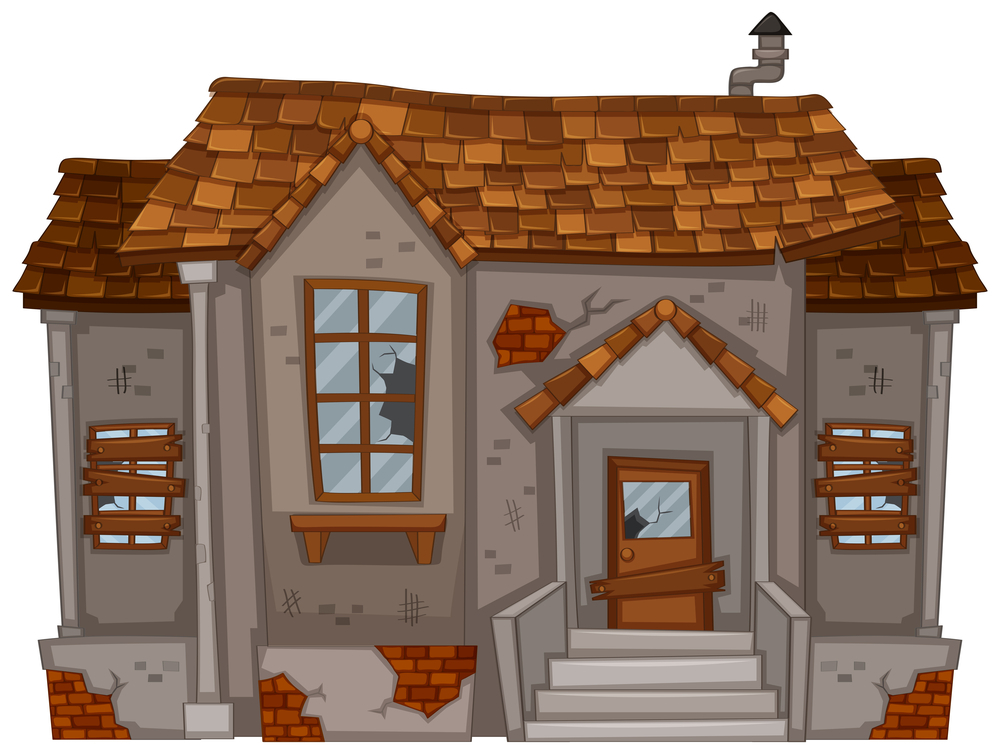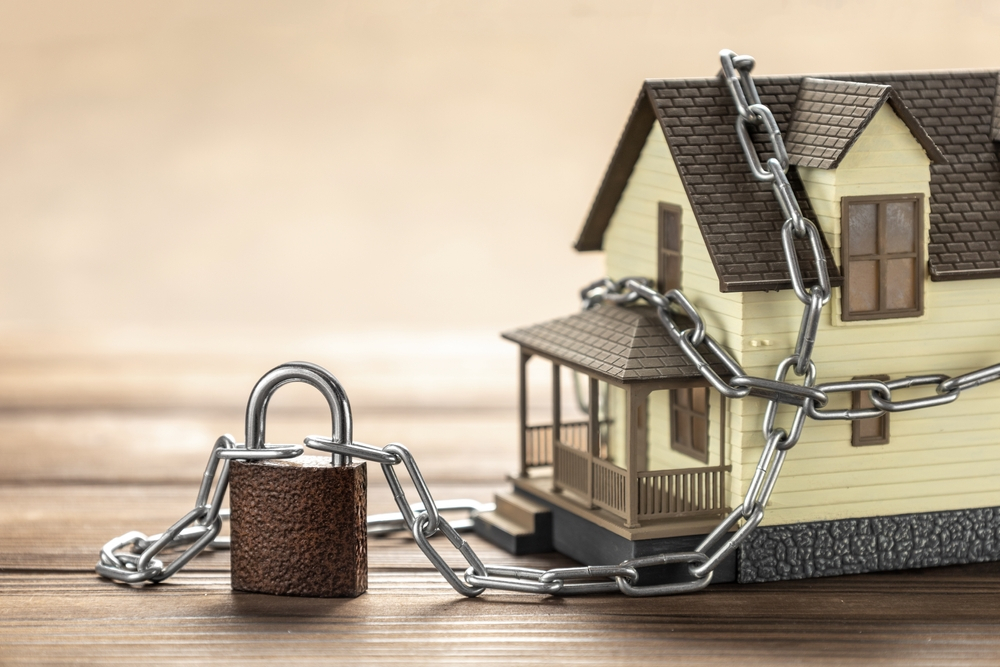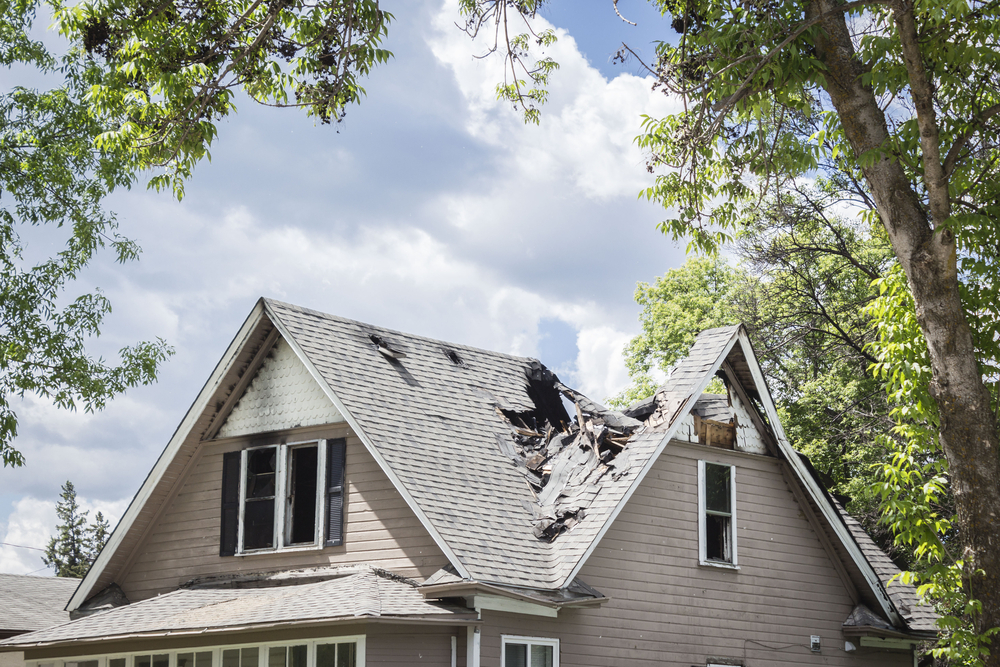Things to Look for When Buying an Old House
There’s something to be said about the charm and craftsmanship that comes with purchasing an old house. There’s certainly something to be said for the inevitable (and costly) accidents that lurk around every corner or behind every wall. Yes, there are numerous advantages to buying an older property, but there are many things to look for when buying an old house. According to recent census data, 13.5 percent of American homes were built before the 1940s, and 19 percent were built before 1950. More than two-thirds of available housing units in some places, such as Buffalo, New York, and Sommerville, Massachusetts, have been standing for 75 years or more. There are almost 1,400,000 residential properties built-in 1939 or earlier in New York City alone. Things to Look for When Buying an Old House There’s nothing wrong with purchasing a 100-year-old home. All you have to do now is assess the house’s genuine condition, preferably with the help of a home inspector. That way, you’ll be able to figure out what’s in the old house before you buy it. There are things to look for when buying an old house. Before buying an old house, there are a few things you should know and check for. 1- Home inspection A home inspection is required, but an additional termite check should be considered. Termites are a major issue in older homes, causing $5 billion in property damage each year! Termites are known to eat wood, including floors and walls. Softwood is particularly appealing to termites. If there were any leaks in the house, it could be a good idea to engage a termite inspector to find any termite-related issues. Termites can eat through floors, walls, and structural supports over time. Termite damage can be identified by buckled floors, tiny holes in the drywall, hollow floorboards, and oozing paint. Termite damage can be avoided by keeping any loose wood away from the structure (firewood, building materials). To avoid water accumulating near the foundation, make sure the house has a sufficient drainage system. On decks and other buildings that are attached to the house, use treated lumber. Remove any dead stumps in the vicinity of your home. Termites can get access to your home through obvious foundation fissures. Hire a professional to destroy the termite colony to control present infestations. A property inspection will detect any termite damage and might assist you in negotiating repair costs with the seller. 2- Insulation & Heating Single-pane windows are common in older homes and are inefficient in terms of energy efficiency. Furthermore, single-pane windows are prone to leakage and do not hold up well to the elements or heat. Be wary of your heating bill if you have an old heating system and ageing windows. Oil is used to heat many older homes, and oil burners are inefficient. Examine to see if the heating system has been properly maintained and is not a fire threat. Consider the costs of updating your heating system and switching to gas. 3- Foundation Issues Foundation and structure difficulties are common in older homes: foundation wall fractures, dry rot, and moisture damage to the foundation. Jammed doors, noticeable fissures, cracked tile/flooring, jammed windows, and off-level flooring is all signs of foundation problems. These difficulties can be addressed by a structural engineer, who can also offer suggestions on how to solve the situation. This can be expensive. 4- Hazardous Materials Materials that are now outmoded and potentially harmful can be found in older dwellings. Prior to 1978, lead was used in the manufacture of paint, which is now prohibited. Lead poisoning is particularly dangerous for youngsters. Look for any signs of lead paint. It’s usually found around doors and windows on the trim. It should not prevent you from purchasing the house because you will most likely be removing and updating the paint. If the paint starts to flake, be cautious and always wear a mask when removing it. 5- Plumbing A plumbing problem is a major hazard in an older home. A plumbing failure can result in significant water damage and possibly mold growth. Root damage to your plumbing could potentially be a concern in your main lines. If you intend on correcting severe faults and budgeting, buying an older property can save you money in the short term.
Things to Look for When Buying an Old House Read More »







